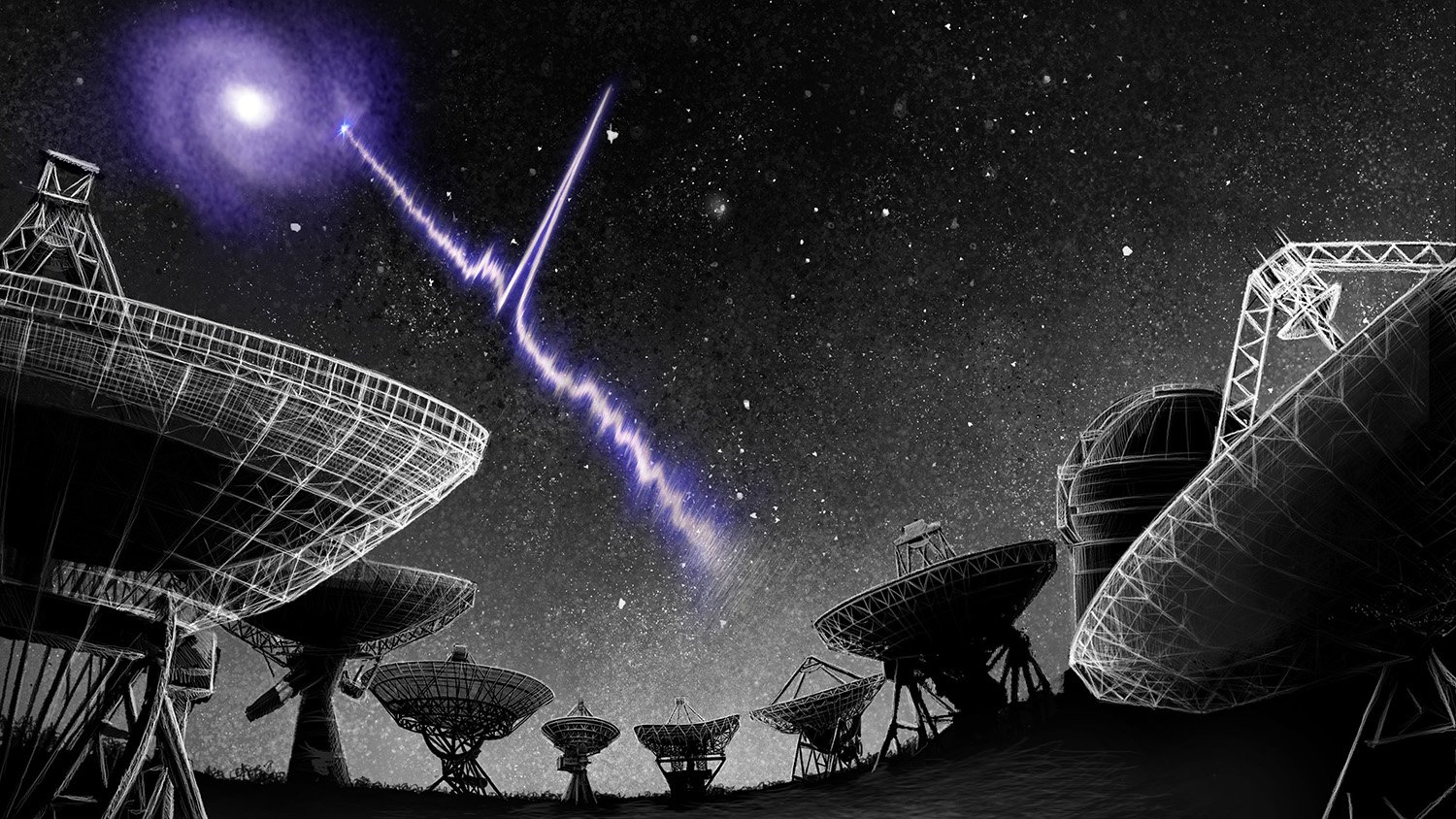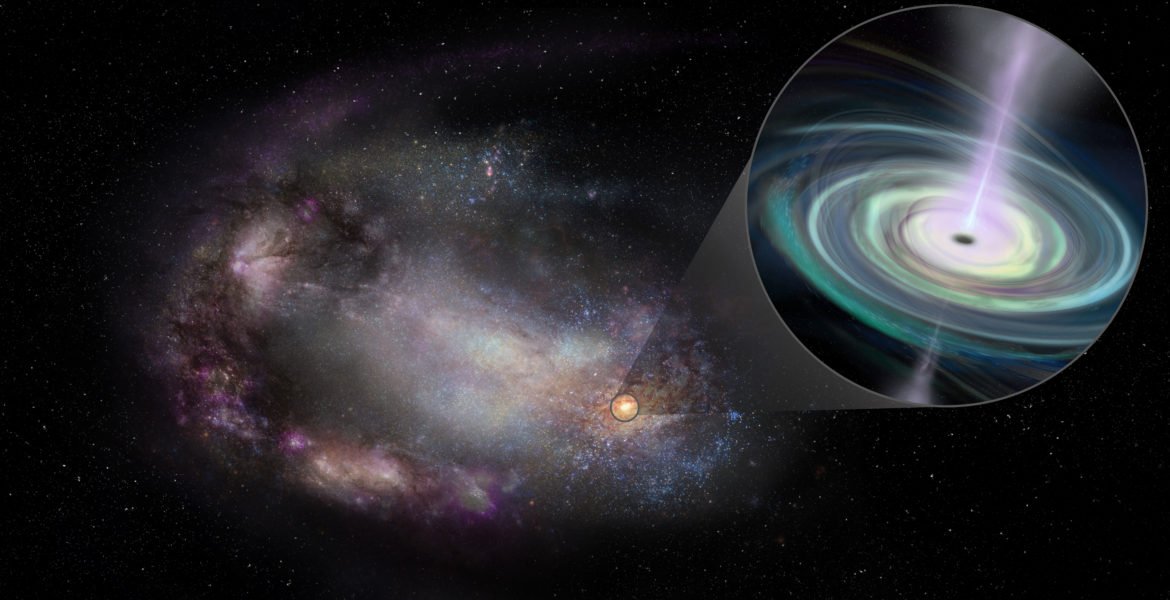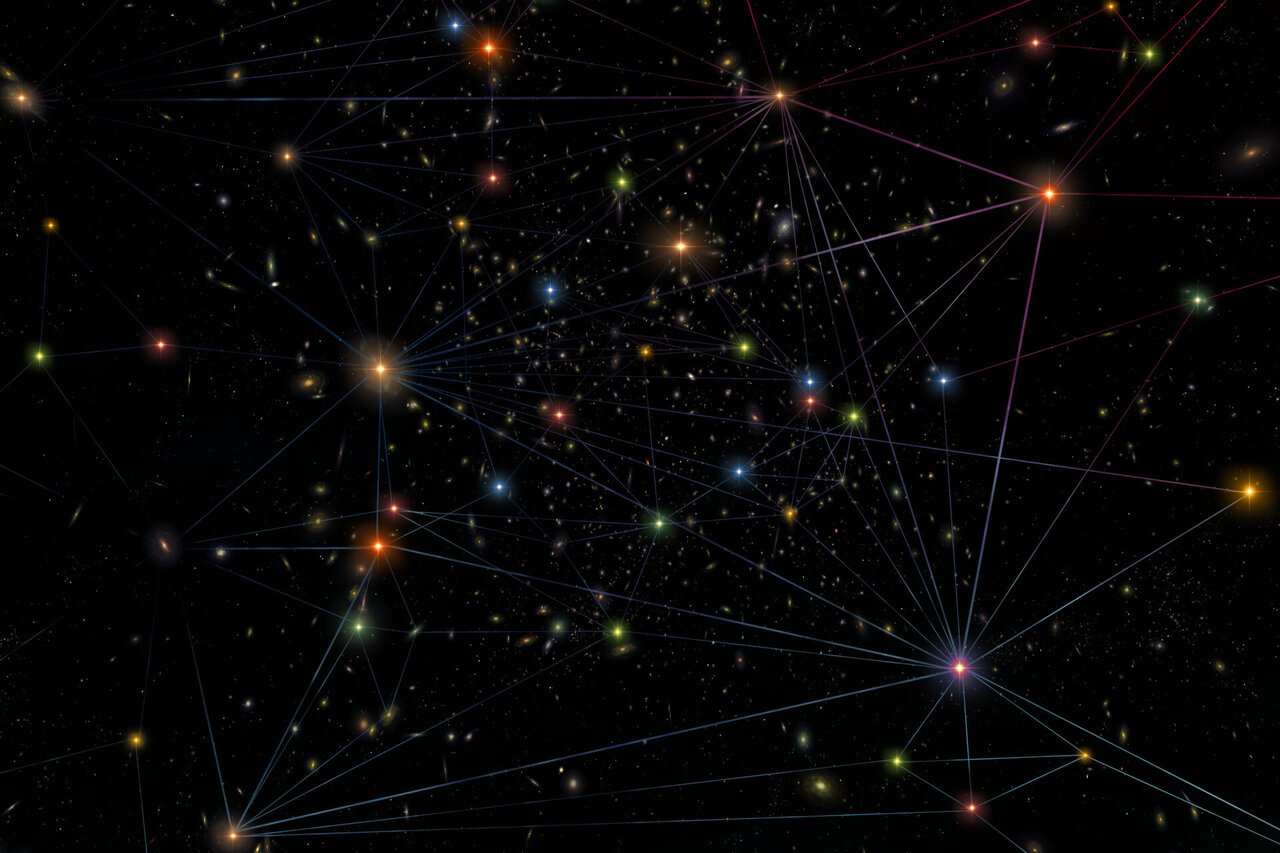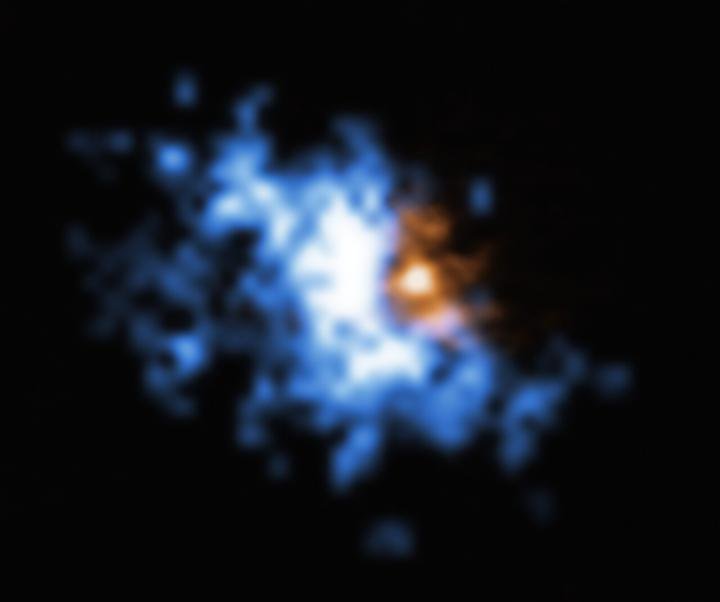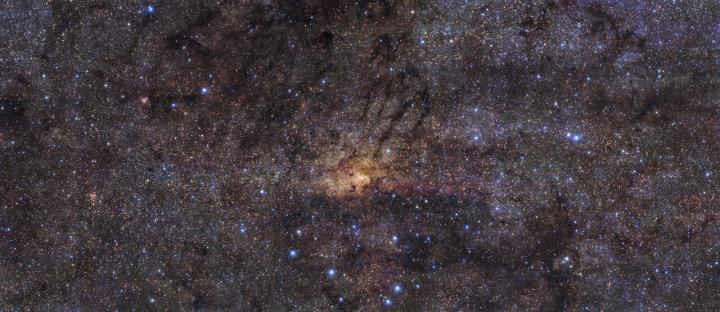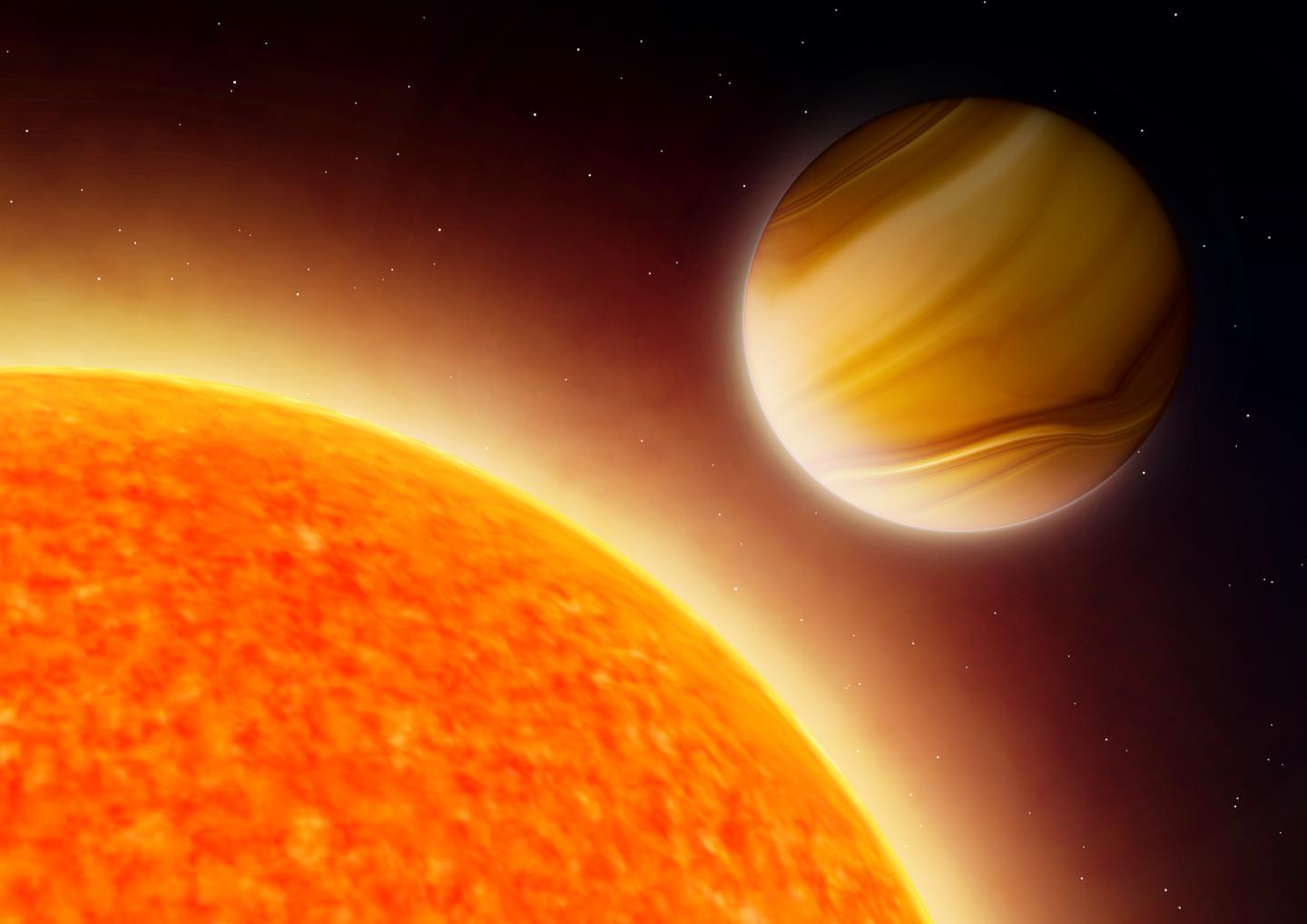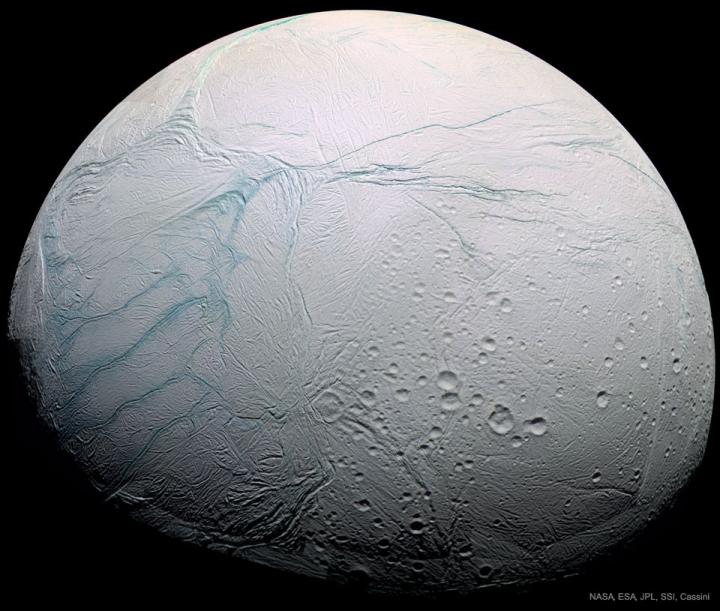A repeating Fast Radio Burst from a spiral galaxy deepens the mystery of where these signals originate from
At this point in time, one of the greatest mysteries in astronomy is where short, dramatic bursts of radio light seen across the universe, known as Fast Radio Bursts (FRBs), are originating from. Although FRBs last for only a thousandth of a second, there are now hundreds of records of these enigmatic sources. However, from … Read more
